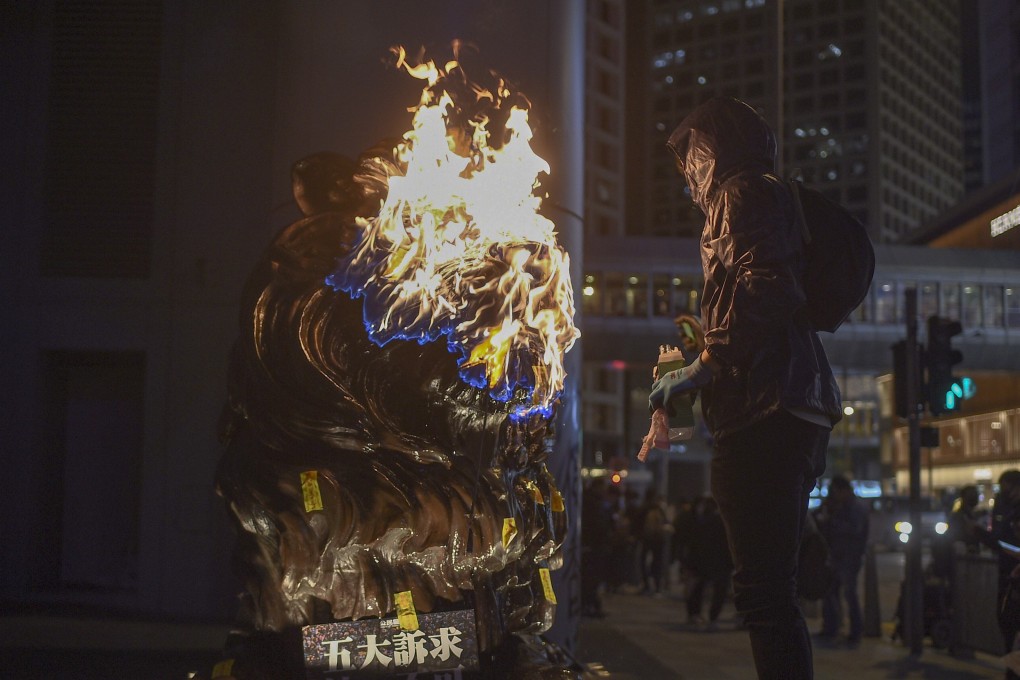Capital markets dismiss doomsday prediction of ‘full-fledged’ banking crisis in Hong Kong by short-seller Kyle Bass
- ‘It takes about a year for a full-fledged banking crisis to hit, and you’ll see a full-fledged banking crisis in Hong Kong now,’ founder of Hayman Capital says
- The Hong Kong dollar’s ‘tear’ higher presented an attractive opportunity to short the currency via the options market, according to Trium Capital

Kyle Bass, the hedge fund manager who’s been shorting Hong Kong’s currency, said the former British colony faces a banking crisis in 2020, mirroring the struggles of Iceland and Ireland a decade ago.
“It takes about a year for a full-fledged banking crisis to hit, and you’ll see a full-fledged banking crisis in Hong Kong now,” Bass, founder of Hayman Capital, said.
The Dallas-based money manager pointed to an economy mired in recession, a high ratio of banking assets to gross domestic product and collapsing retail sales amid political unrest.
Hayman hedged for this situation by betting on the US dollar against the Hong Kong dollar, Bass said. His firm isn’t making bearish bets on local stocks because he is concerned that officials in China and Hong Kong will prevent short-selling of equities.
The Hong Kong dollar is currently trading near 7.77 per dollar, after rallying to a three-year high of 7.7624 per dollar last week. Its trading band of 7.75 to 7.85 per US dollar, set in 2005, has never been broken.
Investors sharpened focus on Hong Kong last year as an extradition bill stoked tension over the pursuit of democracy and relationship with China. Beijing’s new liaison to the city, Luo Huining, recently said he’s “fully confident” that the unrest will stabilize, while the Hong Kong Monetary Authority expressed its confidence in the peg to the dollar and the strength of the banking sector.